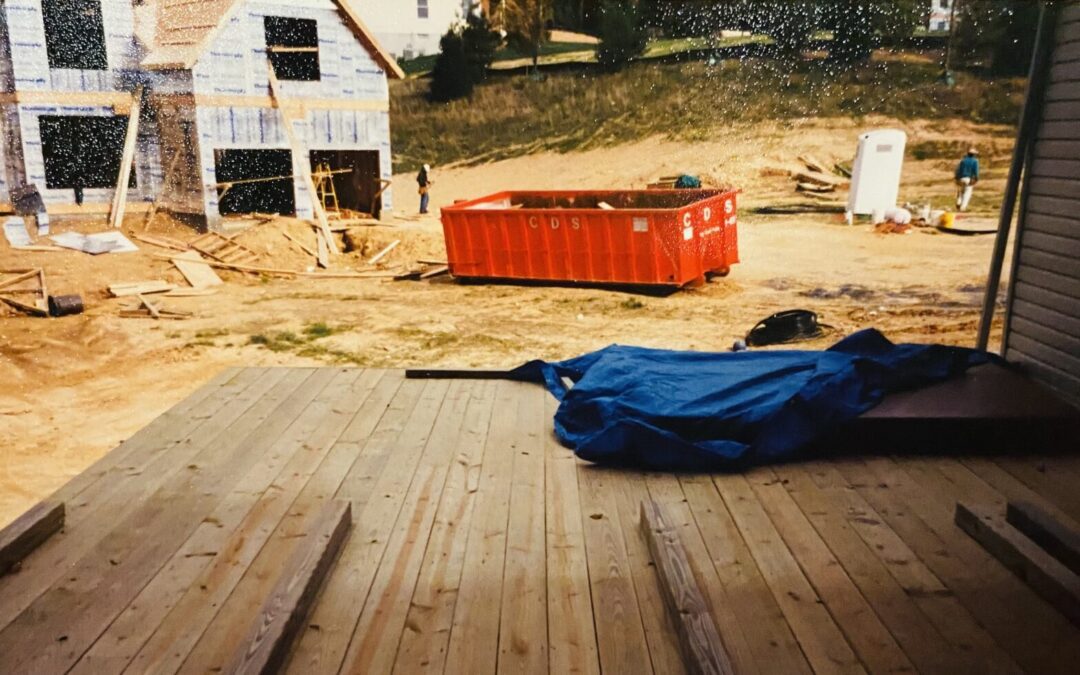


Performance Management and Decision Making
If I am fortunate enough to have you as one of my coaching clients, you’re familiar with the story of the cheese selection discussion as it relates to decision making. The cheese incident took place 35 years ago during my tenure as the VP of Learning and...
When Performance Suffers, Are You Actually Stealing?
Back in the 1950s, stealing in the workplace was pretty black and white. If your workplace was a production line creating widgets and you took a widget home, you knew very well that you had stolen this physical property. Nowadays however, not everything falls neatly...
Performance Management: Is Your Workplace in a Pickle?
Like over 30 million other Americans, I have been playing pickleball. I am bad. I don’t say that to be coy, modest, or kind, I am truly not a very good player. What I love about both my husband and the group I play with is they are very, very encouraging. I hear on...


Recent Comments